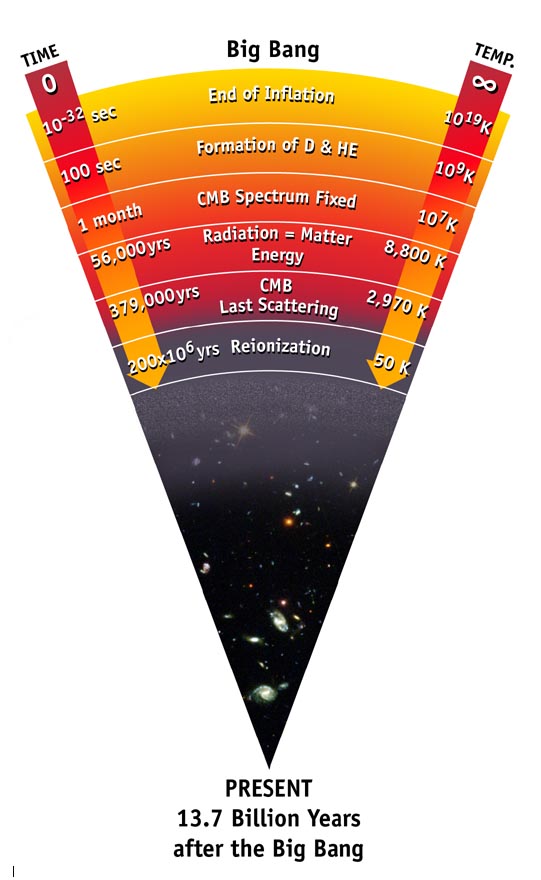My opinion is really cynical and a little unorganized.
Time travel? I don't think so. Viewing the past? Yes. Just look at the stars at night. What you see is likely hundreds of years in the past.
Everyone seems to think traveling faster than the speed of light will let you "travel" through time. I think it will just get you where you're going faster. Time can't bend, it's time. It is an infinitely progressing, intangible, thing. Time is not relative. Perception of time is not relative. I think that sounds stupid, really. Time progresses as it normally does, without making exception to anything traveling at the speed of light, and cannot be reversed or negative. Just like distance, you can't have a negative value (negative 2 inches??? I don't think so).
Let's say you managed to reverse time... You come back and say "I spent 2 hours going backwards in time." Hold on... 2 hours progressed while you were going into the past? Doesn't that mean you actually went further into the present (I don't say future, because it doesn't exist yet)? So how do you travel into the past when time still moves forward? There is no way that can make sense. And if you could travel into the past, doesn't that mean you can "un-age?" That can't be possible. Humans can't get younger. Time will always move forward.
And one problem with traveling at the speed of light... friction.
Yeah, you think that a shuttle can handle that type of heat when a meteor is easily obliterated by friction in air? No way.
And if you do travel faster than the speed of light, you won't be able to see anything. And what happens when you stop? What would it take to reduce the acceleration and momentum of an object traveling at 2c?
Even if you aren't disintegrated by friction and manage to find a way to brake your "time machine," after one second you'll have traveled a distance of 186,282.397 miles. The circumference of the earth is only about 24,880miles. So what then?
It just doesn't seem logical.

 )
)



